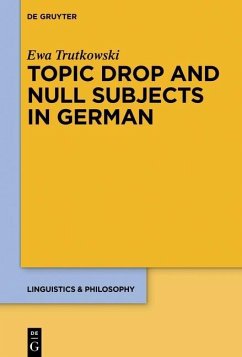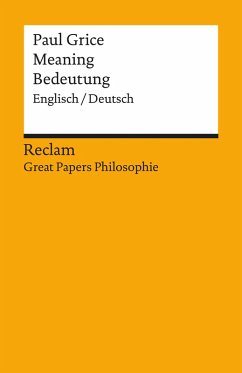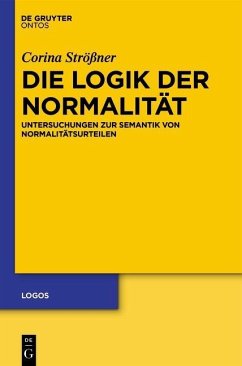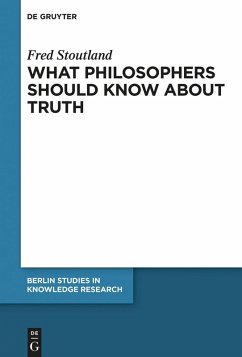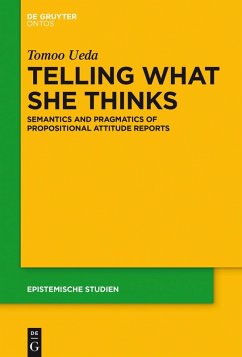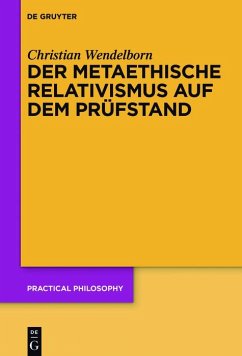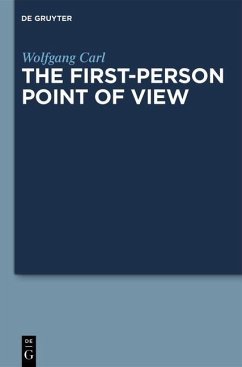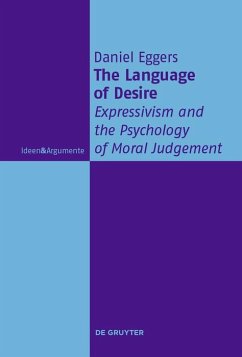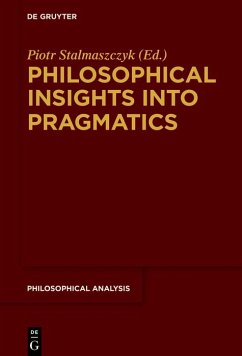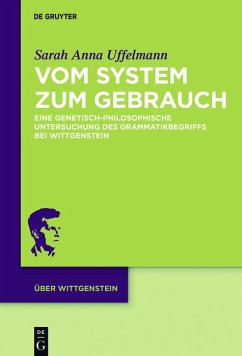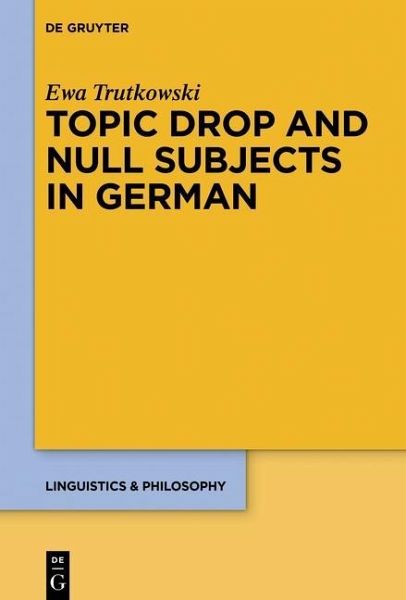
Topic Drop and Null Subjects in German (eBook, ePUB)
Versandkostenfrei!
Sofort per Download lieferbar
80,95 €
inkl. MwSt.
Weitere Ausgaben:

PAYBACK Punkte
40 °P sammeln!
This monograph deals with argument drop in the German prefield and it presents new insights into null subjects, topic drop and the interpretation of topic dropped elements. Major issues are (inter alia) the drop of structurally vs. obliquely cased arguments and the question on which basis nominative/accusative and dative/genitive can be kept apart. Furthermore, it is shown that the (im)possibility of phi-feature mismatches concerning the antecedent and gap in topic drop dialogues allows to differentiate between coreference and "real" (quantifier) binding. Aside from topic drop, (1st/2nd vs. 3r...
This monograph deals with argument drop in the German prefield and it presents new insights into null subjects, topic drop and the interpretation of topic dropped elements. Major issues are (inter alia) the drop of structurally vs. obliquely cased arguments and the question on which basis nominative/accusative and dative/genitive can be kept apart. Furthermore, it is shown that the (im)possibility of phi-feature mismatches concerning the antecedent and gap in topic drop dialogues allows to differentiate between coreference and "real" (quantifier) binding. Aside from topic drop, (1st/2nd vs. 3rd person) null subjects are investigated across a couple of unrelated languages, also focusing on the presence of syncretisms within verbal inflectional paradigms. It is proven that 1st/2nd person null subjects in German are not an instance of antecedent-dependent topic drop but that they are licensed by discrete verbal inflectional endings. Thus, according to this property, German can be classified as a partial pro-drop language. Next to theoretical discussions and considerations this book offers a broad (empirically covered) data basis, which makes it suitable for both theoretically and empirically interested (generative) linguists.
Dieser Download kann aus rechtlichen Gründen nur mit Rechnungsadresse in A, B, BG, CY, CZ, D, DK, EW, E, FIN, F, GR, HR, H, IRL, I, LT, L, LR, M, NL, PL, P, R, S, SLO, SK ausgeliefert werden.




